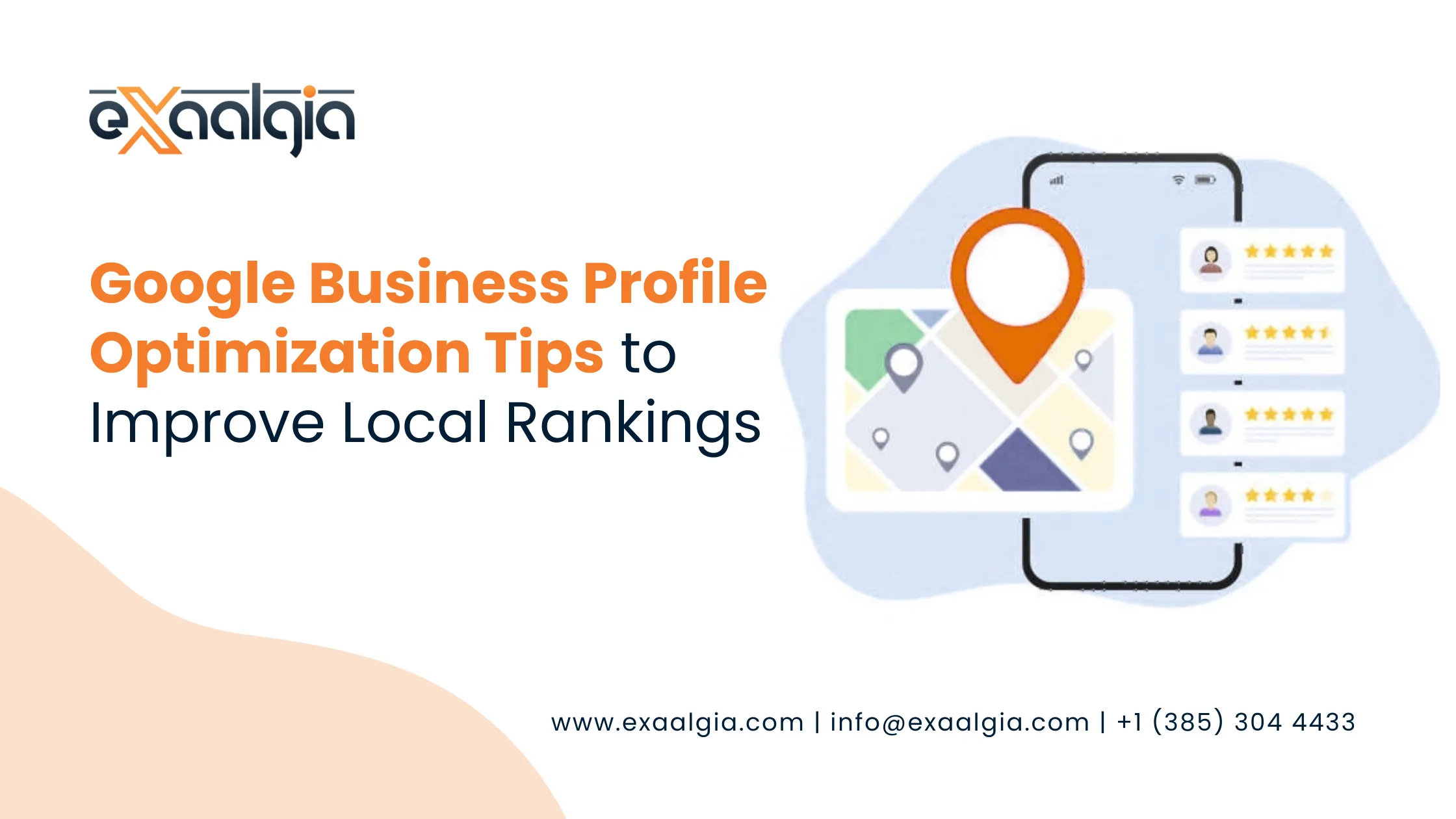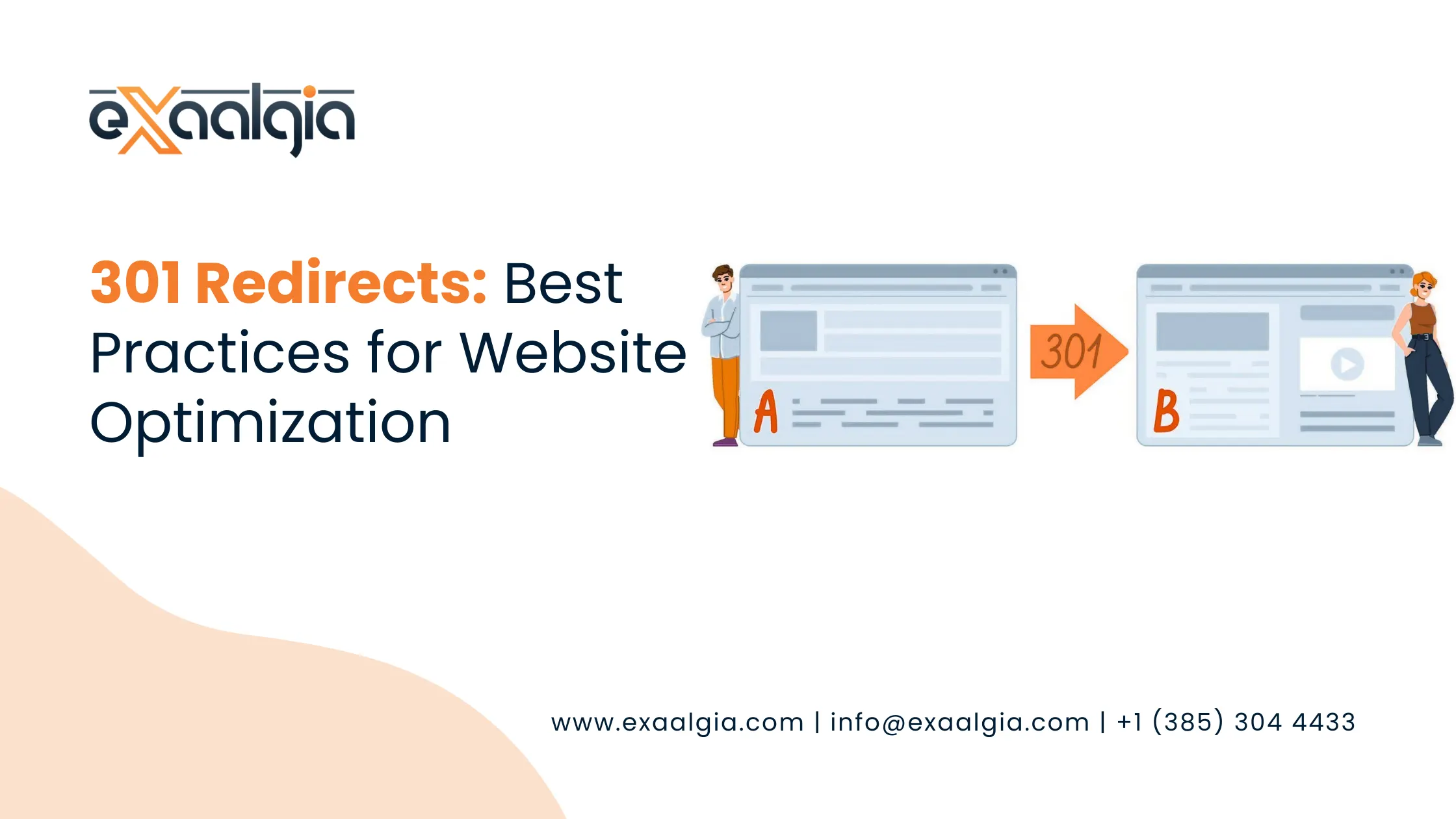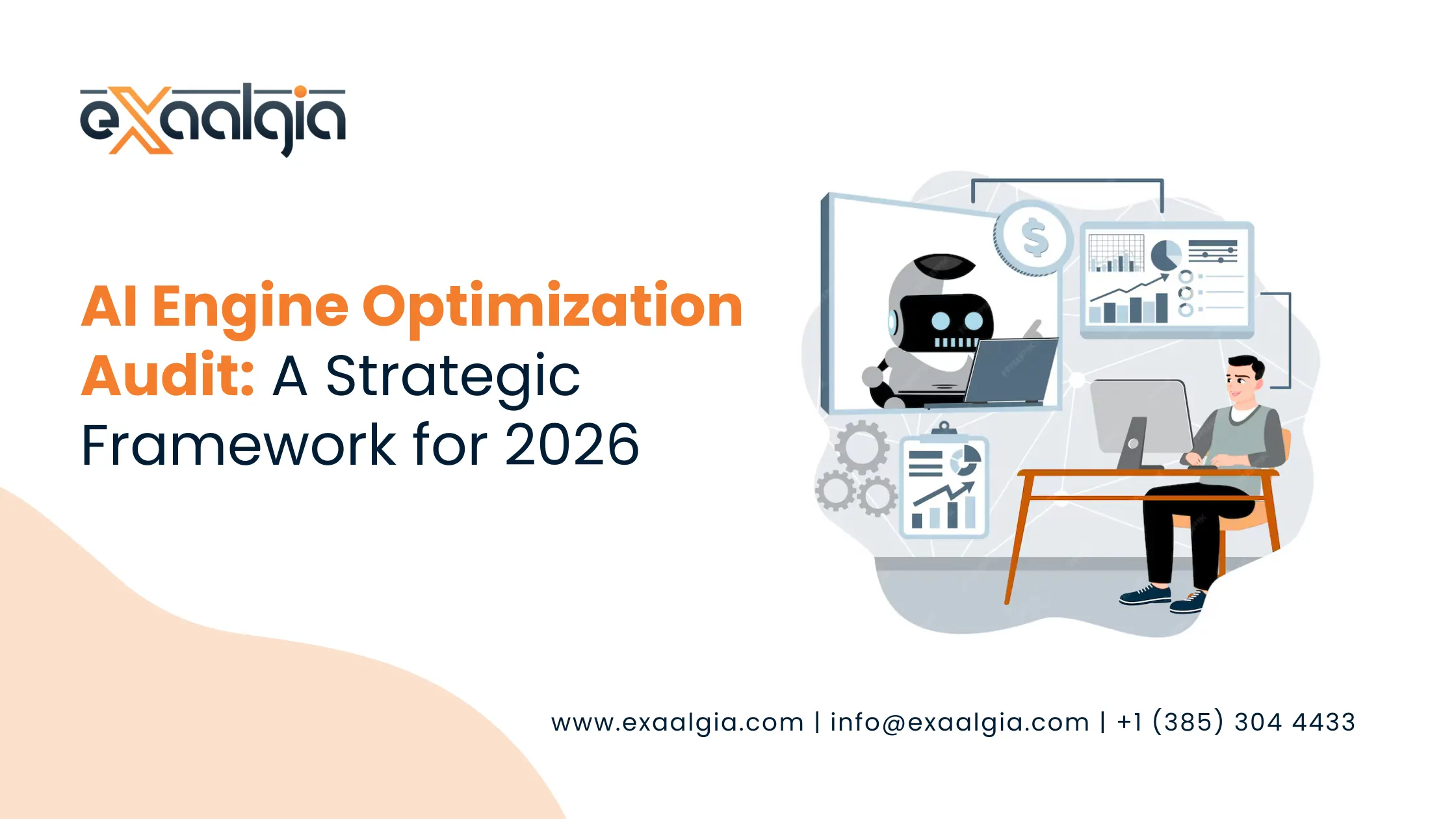One of the best things about digital marketing is the ability to measure almost anything. With tools like Google Analytics, you can learn a lot about the effectiveness of your SEO campaigns and create an effective SEO strategy helping you achieve your main goals.
A lot of data might be overwhelming for any business owner to analyze. It’s crucial to pinpoint the metrics that truly matter. To help you navigate this, we will explore eight important SEO metrics that should be central to your tracking efforts.
- Organic Traffic
Organic traffic stands out as one of the most critical metrics for assessing SEO results. It represents visitors who arrive at your site through organic search results. Focusing on organic traffic allows you to measure the direct impact of your SEO strategy. Google Analytics provides a comprehensive view of your organic traffic and where it is coming from, helping you making more results oriented decision and this can also help you evaluate the performance of your SEO experts.
- Click-Through Rate (CTR)
CTR indicates the percentage of searchers who visit your site after seeing it in search results. It’s a vital metric for assessing how well your pages capture users’ attention in search listings. Monitoring your CTR can reveal the effectiveness of your title tags and meta descriptions in attracting clicks. It’s worth noting that rankings significantly influence CTR, so tracking this metric over time can guide your optimization efforts.
- Bounce Rate
Bounce rate measures the percentage of visitors who land on a page but exit without exploring further. A high bounce rate suggests that the page doesn’t align with user expectations. Conversely, a low bounce rate indicates that your pages are delivering what visitors are seeking, supporting your SEO goals.
- Keyword Rankings
As you strive to improve your site’s rankings for important keywords, monitoring these rankings is essential. This can be done manually or with tools like SEMrush, for keyword research which provides insights into keyword rankings and changes over time.
- Domain Authority
Building your site’s authority in the eyes of search engines is a key SEO objective. Tools like Website Authority Checker offer a simple way to assess your site’s authority based on its backlink profile. Monitoring this metric helps you evaluate the impact of your link-building strategy and your site’s growing credibility.
- New Backlinks and Referring Domains
In addition to domain authority, tracking the number of incoming links and referring domains is important. These metrics provide insights into your site’s link profile and help identify opportunities to expand your backlink portfolio.
- Page Speed
Page speed significantly influences user experience and SEO performance. Google’s Page Speed Insights can be used to monitor metrics like First Contentful Paint (FCP) and DOM Content Loaded (DCL) or simply use Google’s optimization score. Keeping an eye on page speed helps ensure a positive user experience.
- Conversions
Conversion metrics, such as lead form submissions, online purchases, or newsletter signups, are the ultimate indicators of your SEO strategy’s impact on your business goals. Setting up custom goals in Google Analytics allows you to track these vital actions and measure your progress toward achieving them.
In summary, measuring SEO metrics is vital for assessing the impact of your SEO strategy. By focusing on these key metrics and utilizing the right tools, you can gain valuable insights into your website’s performance and make informed decisions to improve your SEO efforts.
Want us to analyze your website SEO performance and metrics, Contact us now!







